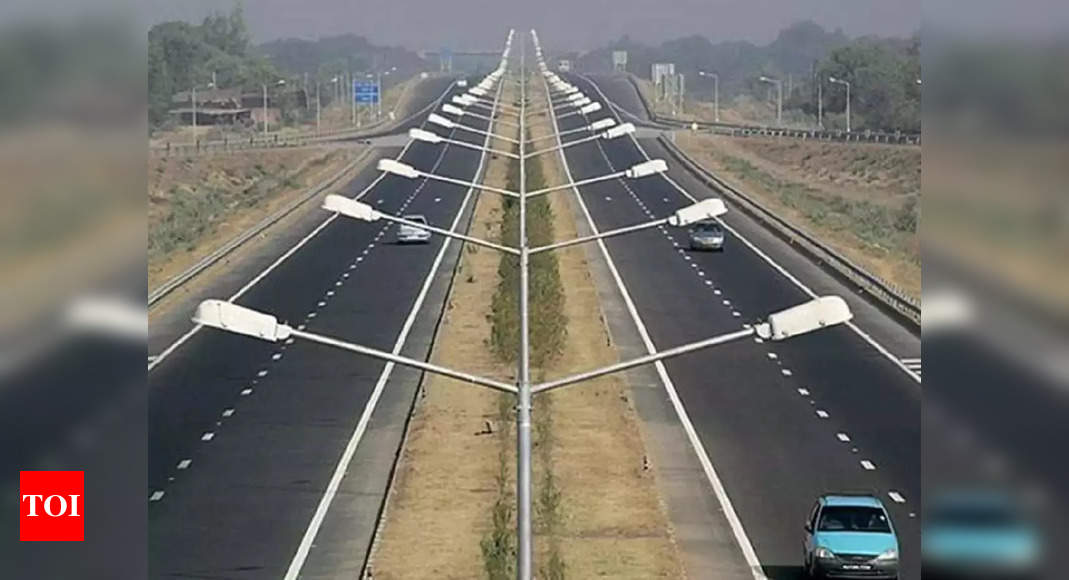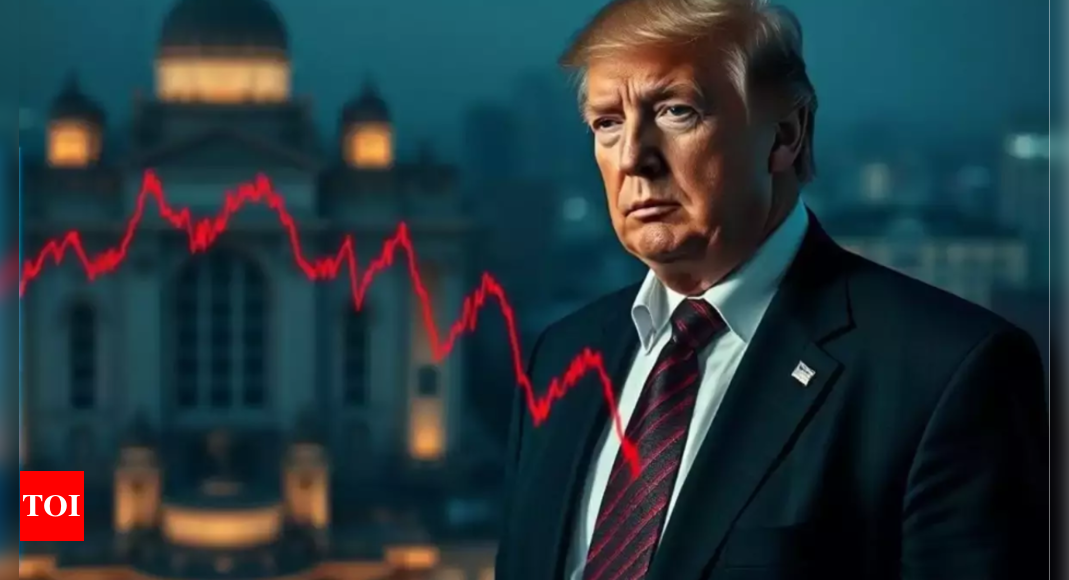Price rise in US market may hit demand in next few months – The Times of India

When the US announces its reciprocal tariffs on Wednesday, Indian govt will keep tabs on how the tariffs are calculated, given that Trump had spoken about subsidies offered by some countries as well as VAT on imported goods that are levied.
In addition, how the duties are imposed on rival countries will also have to be factored into the calculations, including product-specific actions, for formulating a response.
Govt has been engaged with the Trump administration at the ministerial and official levels hoping to escape retaliatory action despite the American President repeatedly naming India as a country with “highest tariff”.
But in recent days, US authorities have indicated that exceptions would not be made. Besides, imposing higher duties on Indian goods, including on farm goods that are a key focus of the Trump administration, is also expected to give it greater bargaining power during bilateral talks, trade experts said.
Several businesses have seen a spurt in exports during March, although reciprocal tariffs are expected to impact shipments until India and the US can iron out their differences. There has been front-loading of orders, amid fear that the next few months could see muted demand, said Kama Jewelry MD Colin Shah. “You will see that exports in March have been good, but we expect some disruption for a few months. Things should improve as India and the US finalise the trade agreement.”
Exporters fear that demand will take a hit in the coming months, as prices in the American market will rise due to the tariff actions. A key element of India’s strategy will also be to aggressively push ahead with negotiations for other trade agreements.
Responding to a Parliament question, commerce and industry minister Piyush Goyal on Tuesday said: “India’s tariff policy aims to regulate trade, protect domestic industries, and generate revenue through taxes on imported and exported goods,” he said, adding that that duties tariffs, especially on inputs and intermediate goods, helps enhance competitiveness of manufacturers. “India’s tariff reductions aim to stimulate domestic manufacturing and improve international trade competitiveness,” Goyal added.




